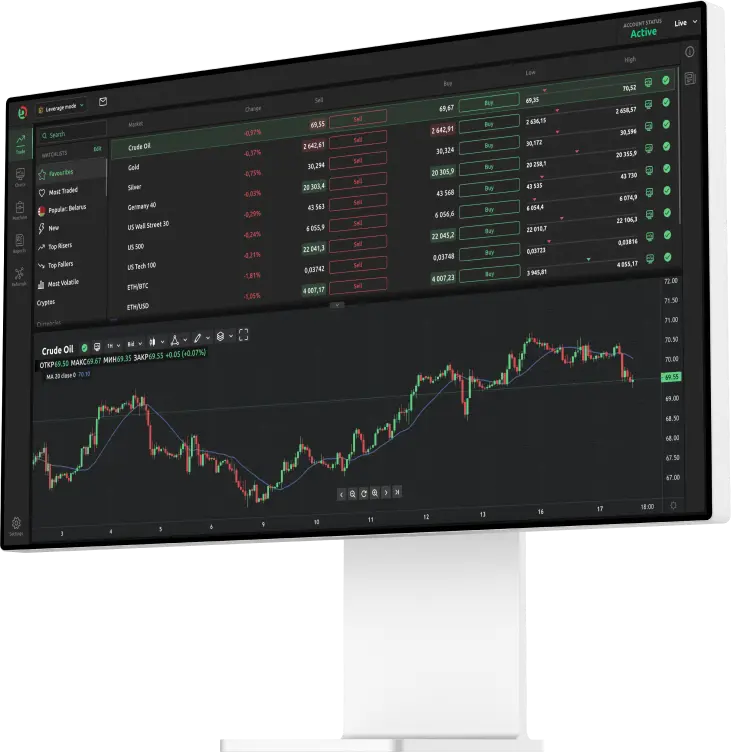Dividend stocks are a practical way for investors to develop a stream of income from their investments.

What are dividend stocks and dividend growth stocks?
Investors looking to diversify their portfolio may consider allocating a portion of their money towards investments that pay dividends such as the dividend stocks.
The dividend stocks are the stocks of companies which have a track record of paying dividends on a regular basis. Do not get confused with the fact that all companies issuing common shares can pay a dividend. The main point is that dividend stocks are continuously paying a dividend to its shareholders. The companies are usually well established in their industry with a history of stable earnings.
Also, dividend growth stocks refer to companies who are increasing their dividend pay-out each year. Due to growth in its earnings, they are able to increase the dividend they are paying to its shareholders.
So, how do dividend stocks work? You can receive a dividend on a monthly, quarterly, semi-annually or annual basis. However, remember to be careful when selecting the stocks you are adding to your portfolio.
These stocks can be attractive for investors as they can be perceived as fixed income securities. Receiving fixed income each year (or multiple times per year), enables investors to use the dividend stocks to set up a regular stream of income or to build up their wealth depending on what they do with the received dividend.
Should you invest in dividend stocks?
Is investing in dividend stocks beneficial for your portfolio? It may be easier to answer this question if you become aware of the advantages and the drawbacks of this type of investment.
Before you make your decision, you will surely ask - why invest in dividend stocks- and it can be said that there are numerous reasons, some of which are:
-
Dividend stocks enable you to make a regular stream of income which can be used to cover your living expenses during retirement or in general;
-
You can also decide to reinvest your dividends with which you have the opportunity to increase your wealth in the long-run;
-
You can profit in more ways than one because aside from the dividend you earn, you can also profit from an increase in the value of the stock.
-
Irrespective of the market conditions, you stand to receive dividend because the majority of dividend stocks are well-positioned companies with proven track record and income.
-
Dividend stocks are generally perceived to come at lower risk compared to non-dividend stocks.
Limitations of dividend investing
-
You may need a substantial amount of money if you plan to live from the dividend received. However, if you plan to build your wealth gradually, you can start with a lower amount of money.
-
Your portfolio value may increase or decrease along with the market movements.
-
Since the company pays a dividend on a regular basis, investors may consider that the company is left with less money for investing in its expansion and growth, which can negatively affect its future performance.
-
The price of dividend stocks may not increase as much as the increase in the price of other stocks.
-
The company may change its dividend pay-out policy.
-
Tax implications can negatively affect the dividend stocks in case of a tax increase on dividends.
It should be noted that there can be a certain difference in the opinion of investors regarding the time span of dividend stock investments. Some investors may incorporate dividend stocks in their long-term investment strategy while others believe that dividend stocks are good as short to mid-term investments. Regardless of the investment span you chose, you should know that dividend stocks can provide an adequate level of yield.
Companies such as the Johnson Matthey, British American Tobacco and the Imperial brands have been paying dividends regularly for more than 15 years. Also, noteworthy mentioning is that investors are investing in high dividend stocks which can offer a yield in excess of 15 per cent.
There are multiple ways through which you can invest in dividend-paying stocks and receive regular income.
The primary method for dividend investing is to invest directly in the stock market by purchasing the dividend stock by yourself (using a broker of course). By investing directly in dividend stocks, you decide which stocks you want to own. However, if you do not have a large amount of capital to invest, you may find it difficult to make a diversified portfolio. Accordingly, depending on your available capital, you can decide to invest a lump sum if you have larger capital or you may choose to invest a certain amount each month or both.
However, before you invest in dividend paying stocks and buy the stocks, you need to go through the process of analysing different stocks and select the ones with the best future potential. In your analysis, you need to take into account a company's fundamentals as well as dividend pay-out ratio, dividend yield, earnings per share, stock liquidity, growth potential, etc. Also, you need to decide whether you will hold a portfolio composed solely of dividend stocks or you will include them as part of your portfolio in conjunction with other instruments.
Some of the other ways to invest in dividend stocks are through mutual funds of Exchange-traded funds or ETFs. Investing through funds is especially practical for investors with lower initial capital because they will put their money in a diversified portfolio and limit their risk exposure which exists when investing in one or few stocks. Moreover, it is the fund manager's responsibility to decide on the stocks which will be held in the portfolio and when to buy and sell stocks. Of course, by investing in dividend stock funds, you will also have the opportunity to receive the dividends in a similar manner as if you have purchased the stocks directly but without the hassle of buying them directly.
Do not forget that the way in which you invest in dividend stocks is related to the objective you want to achieve. Namely, if you plan to build up your wealth, then you may consider including dividend reinvestment in your strategy. You will purchase additional stocks from the company with your dividend, meaning that each year the number of stocks owned will increase, leading to higher dividend pay-out. You may develop a strategy which will bring enough income to cover your living expenses
Do not fall in the trap that the dividend yield is the most important metric when making your analysis. Your investment decision should not be based solely on the dividend yield offered by some stocks. You need to include other ratios and factors in your analysis. A high dividend yield does not always mean that the company is doing great and it can be an indicator of potential problems. Make sure that you conduct an in-depth analysis and consider the fundamentals of the company.


